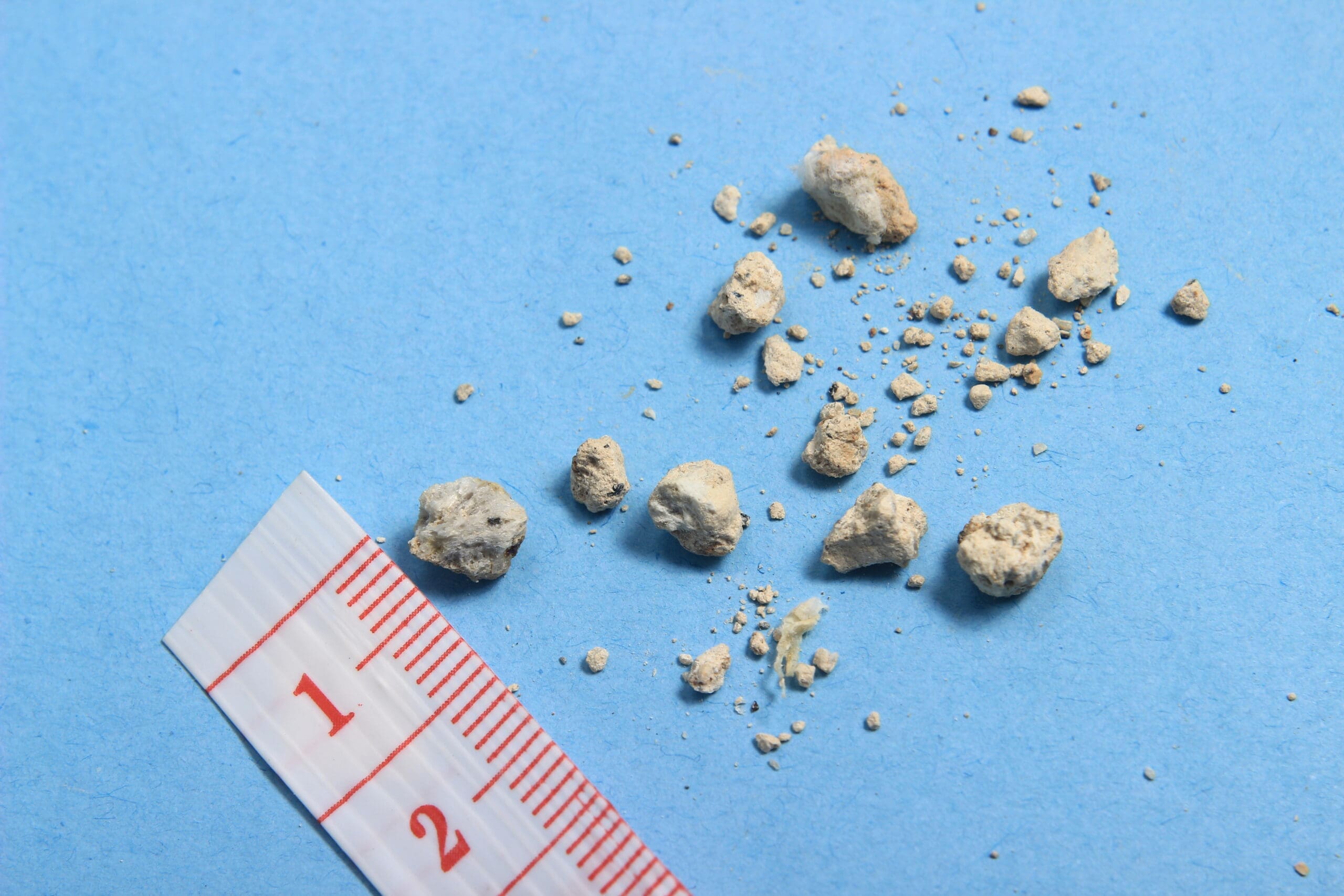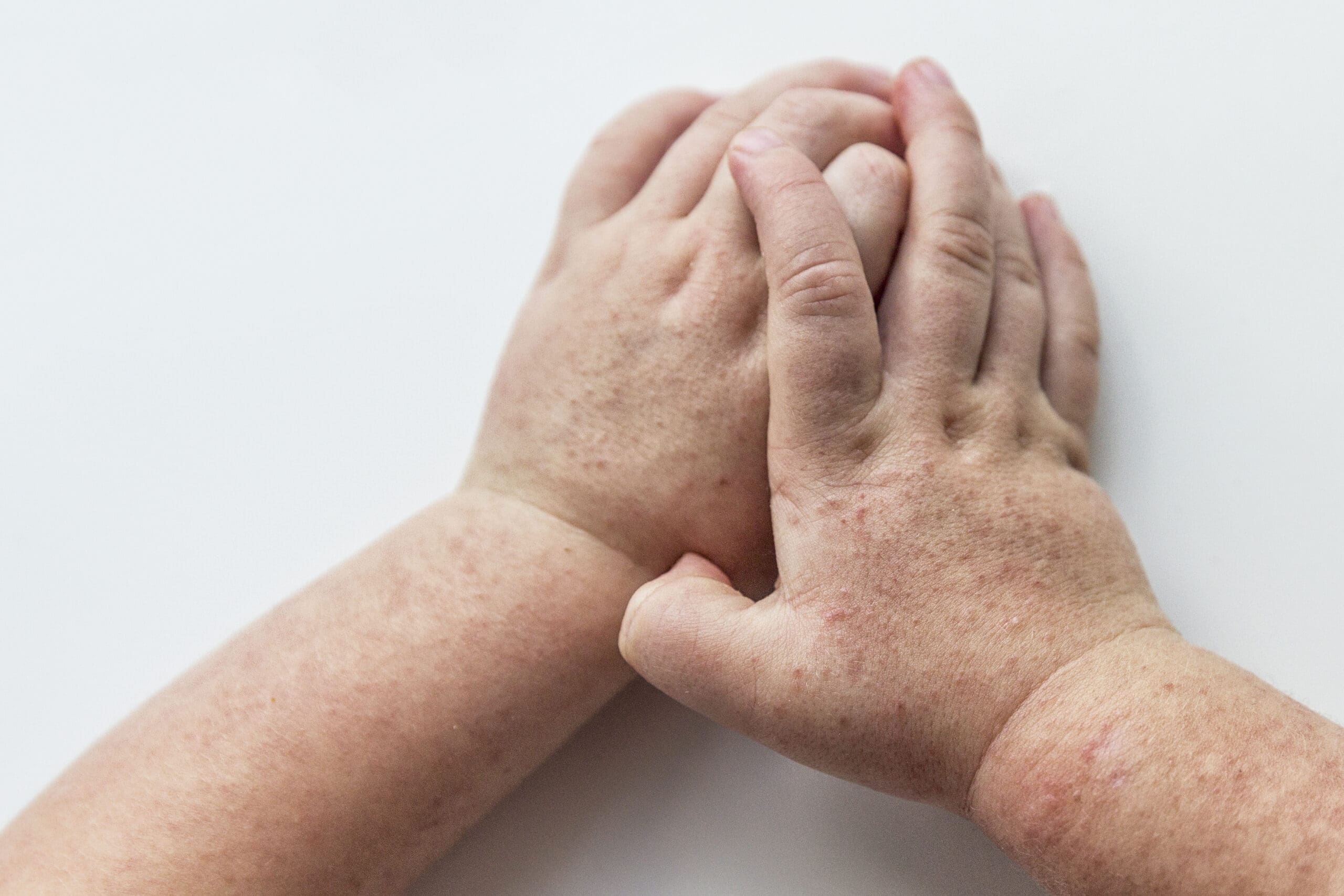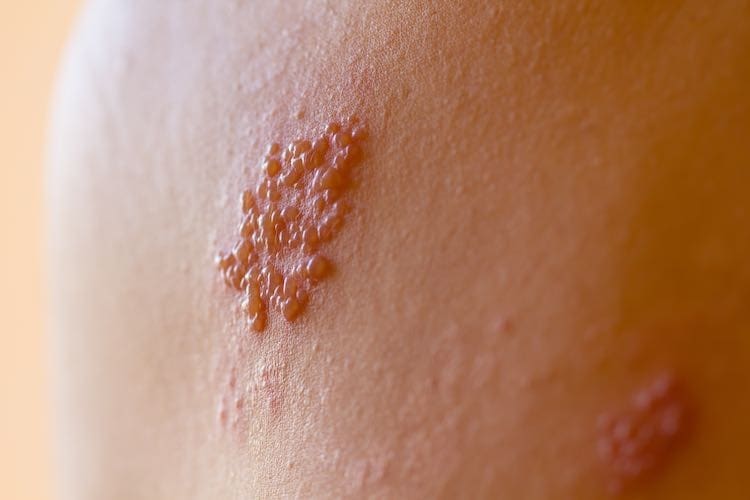Colds and RSV are among the respiratory viruses that are more common in the winter however is there any risk mixing medicine and antibiotics?
headache
What happens in my brain when I get a migraine? And what medications can I use to treat it?
Migraines can be more than a headache. Learn about the debilitating symptoms, including auras, and the impact it has on daily life.
What is nasopharyngeal cancer? Dr Michael Boyer
Nasopharyngeal cancers usually present either with a very blocked nose or some headaches, or more commonly with lumps in the side of the neck.
Kidney stones – symptoms, causes and treatment
Kidney stones: find out the causes, symptoms (including renal colic), tests and treatments. Also, how to prevent kidney stones from recurring.
Migraine self-care
A migraine is typically a headache with moderate to severe throbbing or pounding on one side of your head, and can last from 4 hours to 3 days.
Headache: what makes a headache serious?
Although headaches are rarely a sign of serious illness, certain symptoms should prompt you to see your doctor. Find out what makes a headache serious.
Scarlet fever
Scarlet fever is a bacterial infection that causes a bright-red rash featuring small bumps that make it feel like sandpaper. It usually starts with a sore throat.
What is Fibromyalgia?
Fibromyalgia is a condition that causes chronic (ongoing) problems with generalised pain, tenderness and muscle stiffness, plus increased response to touch.
Tension headache treatments
Most of us have experienced a tension headache, which often feels like a tight band of pressure around the head. Treatment involves treating the pain and reducing stress and tension.
Shingles: essential facts
People who have had chickenpox can later develop shingles (herpes zoster), when the chickenpox virus re-activates. Shingles causes a painful rash.










